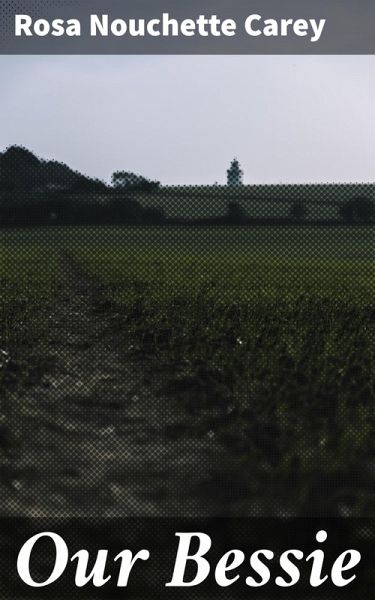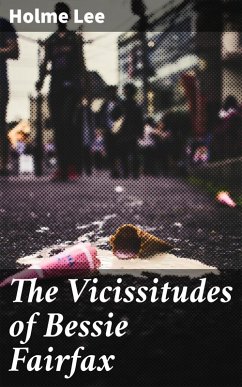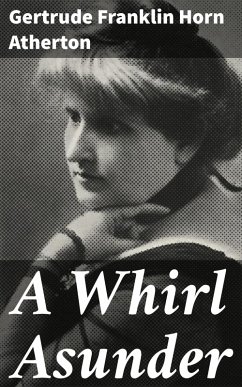
Our Bessie (eBook, ePUB)
An Engaging Tale of Family Bonds and Personal Growth in Victorian England

PAYBACK Punkte
0 °P sammeln!
In "Our Bessie," Rosa Nouchette Carey crafts a poignant tale that intricately weaves themes of love, sacrifice, and social expectation within the fabric of Victorian England. Through the eyes of her eponymous heroine, Bessie, Carey explores the delicate balance between personal desires and societal obligations. The novel employs a blend of vivid characterizations and richly descriptive language, evoking both the charm and constraints of its time, reflecting the moral dilemmas faced by women of the era. Carey's deft use of dialogue and emotional depth establishes a compelling narrative that eng...
In "Our Bessie," Rosa Nouchette Carey crafts a poignant tale that intricately weaves themes of love, sacrifice, and social expectation within the fabric of Victorian England. Through the eyes of her eponymous heroine, Bessie, Carey explores the delicate balance between personal desires and societal obligations. The novel employs a blend of vivid characterizations and richly descriptive language, evoking both the charm and constraints of its time, reflecting the moral dilemmas faced by women of the era. Carey's deft use of dialogue and emotional depth establishes a compelling narrative that engages the reader while offering insights into the social fabric of the period. Rosa Nouchette Carey, a prominent 19th-century novelist, was known for her compelling portrayals of female protagonists who often grappled with their aspirations in a male-dominated society. Drawing from her own experiences and the challenges she observed around her, Carey infused "Our Bessie" with a sense of realism and empathy. Her background in the arts and her engagement with contemporary issues of class and gender significantly informed her literary works, making her novels resonate with readers of her time and beyond. For those who appreciate classic literature that delves into the complexities of gender and societal norms, "Our Bessie" is a must-read. Carey's skillful storytelling and exploration of timeless themes will captivate readers, urging them to reflect on the evolving role of women in society. This novel remains relevant today, inviting readers to ponder the intersection of ambition and obligation in their own lives.
Dieser Download kann aus rechtlichen Gründen nur mit Rechnungsadresse in A, B, BG, CY, CZ, D, DK, EW, E, FIN, F, GR, H, IRL, I, LT, L, LR, M, NL, PL, P, R, S, SLO, SK ausgeliefert werden.













